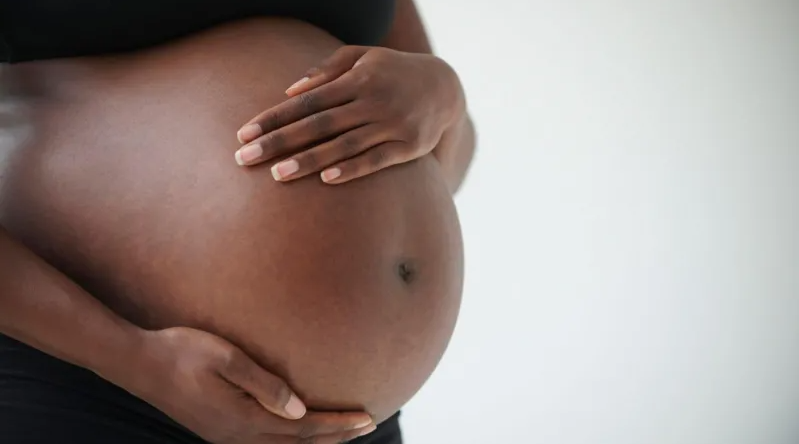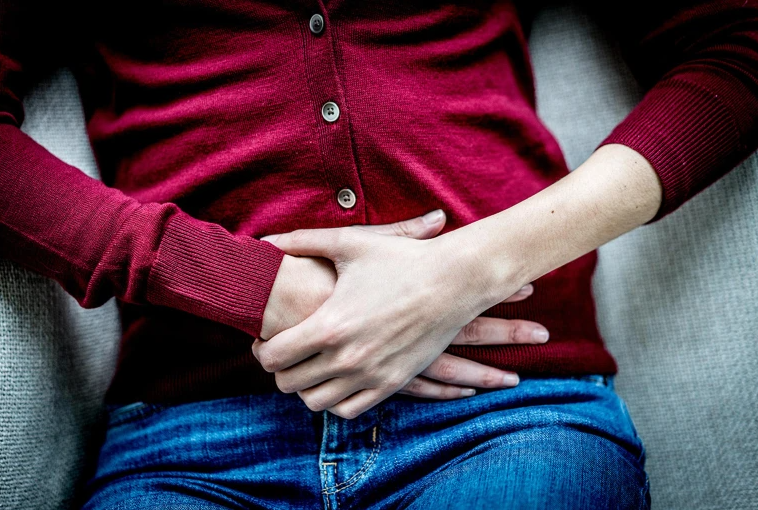Nigeria offers free Caesareans to poorer women
From the BBC:
Nigeria has announced that free emergency Caesarean sections will be made available to "poor and vulnerable" women in an ambitious plan to bring down the high number of mothers dying in childbirth.
At 1,047 deaths per 100,000 live births, Africa's most populous nation has the fourth highest maternal mortality rate in the world and the lack of access to Caesareans is thought to be one of the reasons.
Many pregnant women, particularly in rural Nigeria are unable to receive emergency medical care partly due to the cost.
"No woman should lose her life simply because she can’t afford a C-section," Health Minister Muhammad Pate said while announcing the "powerful move".
How strict abortion bans threaten health care for all women
From CBS News:
The Supreme Court's landmark 2022 overturning of Roe v. Wade has had an impact on women's health beyond abortion, accelerating a gap in obstetrics and gynecological care in some states across the country.
In Texas, the first state to implement more restrictive abortion laws, a fear of discussing abortion has impacted doctors practicing there and the medical students and OB-GYN residents looking to learn there.
"We asked for [abortion care] in our curriculum they're like, 'Oh, well, it's a state-funded school. And since the state doesn't support it, then we probably shouldn't teach it,'" said Dr. Dani Mathisen, who received her medical degree in Texas but relocated to Hawaii to complete her OB-GYN residency.
Hormone Replacement Therapy and Perimenopause: What You Need to Know
From Vogue:
It’s been 200 years since a French physician coined the term “menopause.” And for most of that time, it was spoken of in euphemisms (“she’s going through ‘the change’”). However, the conversation is finally shifting—now, you can’t open Instagram without hearing about it. Menopause itself is simply the day that marks 12 months since your last period, which usually happens between the ages of 45 and 55. But perimenopause starts up to 10 years earlier, during which fluctuating estrogen levels can cause a smorgasbord of unpleasant symptoms, from hot flushes and brain fog to aching joints and vaginal dryness. There are new treatments, too—like hormone replacement therapy.
5 symptoms women over 40 should always take seriously
From Fortune:
Women’s bodies go through many changes in menopause and the years leading up to it, known as perimenopause. This natural step in the aging process marks the end of the reproductive years. In that time, a woman’s ovaries stop producing eggs and there’s a decline in female sex hormones, estrogen, and progesterone.
While this change is a perfectly normal part of aging, the loss of these hormones can have a systemic impact on health, especially cardiovascular health. Estrogen has a protective benefit to the heart and loss of it can impact some of the specific risk factors for heart health, which include high cholesterol, high blood pressure, and weight gain.
How understudied endometriosis causes pain for hundreds of millions of women
From Nature:
Pain-sensing nerves and immune cells work together to wreak havoc in endometriosis, a painful condition that affects an estimated 190 million women and girls of reproductive age. But a study in mice suggests a way to harness that interaction to treat the disorder1.
The research, which was published on 6 November in Science Translational Medicine, reveals a key molecular pathway that not only promotes the sensation of pain caused by endometriosis, but also exacerbates the disease. Drugs that inhibit this pathway are already used for the treatment of migraines — the study’s findings suggest that these therapies might be useful to treat endometriosis as well.
“This is a new way of looking at how we could change pain pathways in endometriosis,” says Louise Hull, a researcher who studies endometriosis and treats people with the condition at the University of Adelaide in Australia.
The Slow, Powerful Work of Bridging the Women’s Health Gap
From reasons to be cheerful:
When Carolyn Thomas suffered her first heart attack in 2008, she was in her fifties, a distance runner and as fit as can be. Yet the doctor in the ER diagnosed her with acid reflux, sent her home without treatment and told her she simply needed to rest.
“I felt so embarrassed for having made a big fuss over nothing that when my symptoms later returned, there was no way I was going back to that ER for help,” says Thomas, a PR manager in Victoria, Canada.
Two weeks later, she had another massive heart attack that proved nearly fatal. The first doctor had not realized that Thomas was in the midst of a life-threatening health crisis.
Men suffer heart diseases more frequently, but for women, they are more often fatal. One reason has now been well-documented: Doctors primarily train with the symptoms of middle-aged male patients and often miss the signs of the “Eve-attack.”
The founder of $1.7 billion startup Maven says women’s health is still undervalued
From Fortune:
“The market’s down on digital health right now,” says Kate Ryder, the founder and CEO of Maven, the women’s and family health platform. You wouldn’t know that to look at her company, which yesterday announced a $125 million Series F round led by StepStone Group that values the business at $1.7 billion.
Maven first became a unicorn in 2021—the first in the women’s health category—and last raised $90 million in late 2022, with more than $425 million raised in total over the past decade. Returning investors in this fundraise included Lux Capital, General Catalyst, and Sequoia. Investor interest in the startup, Ryder says, ties back to a theme: While digital health may be seen as saturated, women’s and family health has more room to grow.
“Women’s and family health is such a unique category because there’s been so little built,” she says. “No one was doing anything in menopause before, no one was doing anything in postpartum care, no one was doing anything in miscarriage or surrogacy or even elements of fertility and pre-conception care.”
Women’s Health Is Chronically Understudied, but These Engineers Are Charging Forward
From Boston University:
Here’s a shocking fact: nearly 80 percent of all women will develop uterine fibroids at some point in their lifetime, making them the most common type of benign tumor in the reproductive system—and yet scientists still don’t know what causes them. Many people have fibroids without ever knowing it, but others experience symptoms like heavy menstrual bleeding and cramping. Scientists know that they form in the smooth muscle cells of the uterus, but that’s about it. And it’s not the only reproductive health issue with glaring gaps in our knowledge.








